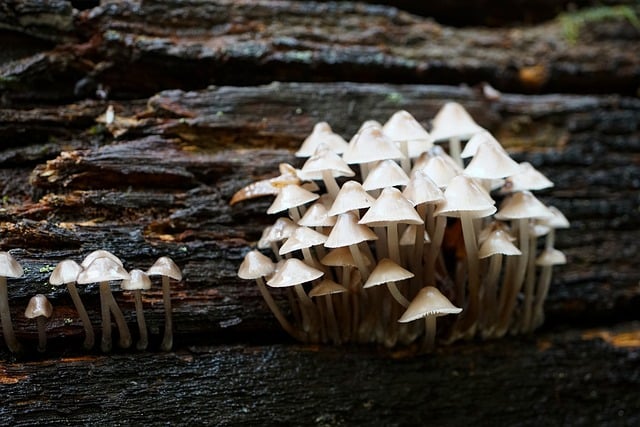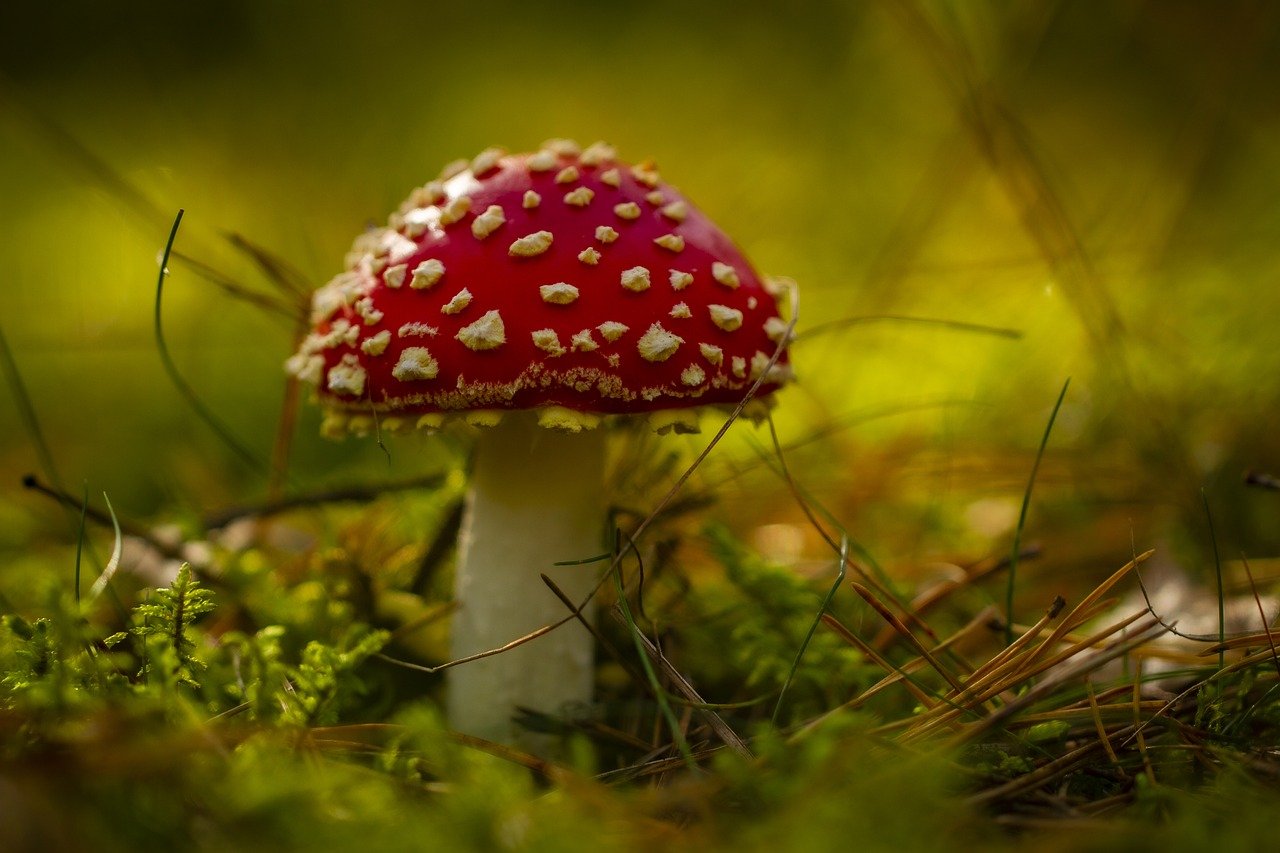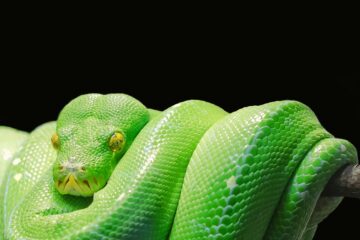Magic mushrooms have captivated human curiosity for centuries. These fascinating fungi hold secrets that span across cultures and eras, making them more than just a psychedelic experience. From ancient rituals to modern-day wellness trends, the story of magic mushrooms is rich and varied. What if I told you that these tiny caps are steeped in history? Or that they might be at the forefront of a new health movement? This blog post will unravel some lesser-known facts about psilocybin mushrooms, highlighting their ancient usage, unique properties, diverse species, and the microdosing trend that’s gaining traction today.
Ancient Usage
Magic mushrooms have been a part of human history for thousands of years. Ancient civilizations across the globe used them in spiritual and healing practices. In Mesoamerica, indigenous cultures revered psilocybin mushrooms as sacred tools. They believed these fungi connected them with divine realms. Shamans would consume them during rituals to seek guidance or communicate with ancestors. Interestingly, cave paintings dating back over 7,000 years depict mushroom-like shapes. This suggests that early humans were aware of their mystical properties long before modern science caught up.
Psilocybin Magic
Psilocybin, the enchanting compound found in magic mushrooms, has intrigued humans for centuries. This natural hallucinogen alters perception and consciousness in remarkable ways. When ingested, psilocybin transforms into psilocin. This active form interacts with serotonin receptors in the brain. The result? A kaleidoscope of vivid visuals and profound insights. Experiences can vary widely. Some users report feelings of euphoria and connection to nature, while others encounter introspective journeys that challenge their beliefs or emotions.

Variety of Species
Magic mushrooms come in a stunning array of species. Each one boasts unique characteristics, effects, and habitats. Psilocybe cubensis is among the most popular varieties. It’s often favored for its accessibility and potency. Found in tropical and subtropical regions, this mushroom is easily cultivated. Another fascinating type is Psilocybe semilanceata, commonly known as the liberty cap. This small mushroom thrives in grassy fields across Europe and North America. Its distinctive conical shape makes it easy to identify.
Microdosing Trend
Microdosing has captured the attention of many, especially in recent years. This trend involves taking small amounts of psychedelics, such as psilocybin mushrooms, to enhance creativity and focus without experiencing full-blown hallucinogenic effects. People report improved mood and productivity from these tiny doses. The practice is particularly popular among artists, entrepreneurs, and professionals seeking an edge in their daily routines. However, microdosing isn’t just about boosting performance; it’s also a way to explore consciousness safely. Users often describe a heightened sense of connection to themselves and others.
Magic mushrooms, with their rich history and intriguing properties, have captivated humans for centuries. From ancient rituals to modern therapeutic uses, they continue to inspire curiosity and research. As society becomes more open-minded toward these fascinating organisms, ongoing research will likely uncover even more secrets hidden within them. The relationship between humans and magic mushrooms is evolving—one that invites exploration into both nature’s wonders and the depths of human consciousness.


